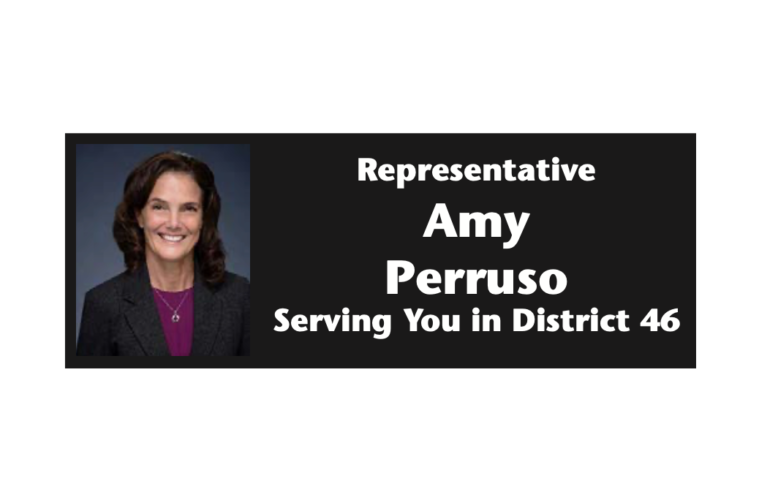Building an Infrastructure of Care and Solidarity: A Path to Strengthen Democracy
In an era marked by crises like COVID-19 and the looming threat of climate change, the idea that we are social beings and live in a mutually dependent society has faced relentless attacks. Yet, there remains a critical mass of individuals in our society who continue to hold on to the values of civic and community spirit. This enduring spirit was hearteningly evident in the resurgence of social welfare policies during the COVID- 19 pandemic.
The challenges we face today are deeply rooted in a history marred by colonization, genocide, and systemic injustice. As we grapple with issues such as climate change and the legacy of past wrongs, we must confront the uncomfortable truth that denial is far easier than addressing these complex issues. Change demands introspection, retrospection, and a forwardlooking
vision, all of which are harder to achieve than clinging to the status quo.
As the current Chair of the House Committee on Higher Education, I’ve been meeting with students across our UH system in this interim period, and their concerns stretch from food insecurity to the climate crisis to the reemergence of genocide. And these students want us to engage in the issues that shape their future.
Scholars remind us that every instance of genocide has its unique characteristics, and hatred targets different groups in distinctive ways. Culture, language, science, and economy offer no protection against genocide when met with sufficient military force wielded by a power willing to label a culture as savage. The heartbreaking role reversal where victims become victimizers underscores the tragic consequences of unchecked hatred and violence.
Moreover, the rise of pseudo-populist strongmen across the world serves as a cautionary tale. These leaders make minor economic concessions to their base while stoking the flames of fear and hatred based on race, ethnicity, and gender. All the while, they oversee the rapid concentration of wealth and power, eroding the foundations of democracy.
To address these challenges, we in Hawai‘i need to model the creation of a more open, honest, and robust civic debate. For example, historical debates about how to address legacies of injustice were once more open and diverse. However, this terrain has been crushed in many communities, with feelings of betrayal and abandonment closing off possibilities for constructive dialogue. We can, I think, help recreate a more democratic approach to difficult questions through the kind of education we provide on our campuses.
Understanding the historical context of recent conflicts is essential, but the framing of historical education is critical. Focusing solely on horror, rage, and revenge, freezing these events in our historical memory simply as sources of shared pain and not shared learning, makes healing and reconciliation very difficult. We need a more nuanced approach. Remembering our shared human history should lead to introspection and solidarity against genocidal logics, not merely re-traumatization. Education should encourage deep questions about ourselves and our capacity to inflict harm on others, promoting resistance to and an inoculation against such tendencies.
Our office is committed to working with all stakeholders to build community and restructure our economy to create an infrastructure of care and solidarity. We think that strengthening the public sphere through legislation and community efforts is essential to providing for future generations and challenging the influence of out-of-control elites. But we need everyone’s help to confront our history, engage in open dialogue, and build bridges of empathy and understanding. It is through these efforts that we can truly strengthen democracy and create a more just and sustainable world.
Please reach out to our office if you have ideas about how we can strengthen the common good. We are happy to work with you.
repperruso@capitol.hawaii.gov



